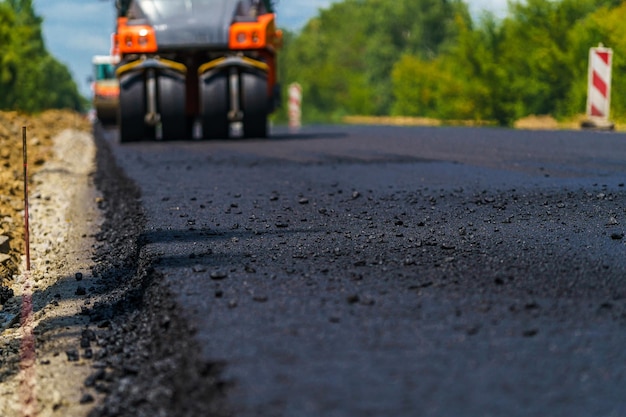Road construction plays a vital role in infrastructure development, but it also contributes to environmental challenges. The Indian Roads Congress (IRC) has addressed this by introducing IRC:SP:98-2013, titled Guidelines for the Use of Waste Plastic in Hot Bituminous Mixes (Dry Process) in Wearing Courses. This document provides a roadmap for incorporating waste plastic in road construction, promoting sustainability while enhancing road durability.

Plastic waste is a significant environmental hazard due to its non-biodegradable nature. Incorporating waste plastic into bituminous mixes helps in:
The guideline identifies thermoplastic materials as suitable for road construction. These include:
2. Dry Process of Using Waste Plastic in Bituminous Mixes
The dry process involves:
3. Advantages of Waste Plastic in Bituminous Mixes
Using waste plastic in road construction offers several benefits:
4. Construction and Quality Control Measures
To ensure uniformity and efficiency, the document outlines:
Case Studies on Plastic Roads in IndiaSeveral Indian states have successfully implemented plastic roads, demonstrating their benefits:
The IRC:SP:98-2013 guidelines pave the way for sustainable road construction by integrating waste plastic into bituminous mixes. By adopting these practices, engineers, contractors, and policymakers can contribute to reducing plastic waste while building durable and eco-friendly roads.
RoadVision AI is revolutionizing roads AI and transforming infrastructure development and maintenance with its innovative solutions in AI in roads. By leveraging Artificial Intelligence, digital twin technology, and advanced computer vision, the platform conducts thorough road safety audits, ensuring the early detection of potholes and other surface issues for timely repairs and improved road conditions. The integration of potholes detection and data-driven insights through AI also enhances traffic surveys, addressing congestion and optimizing road usage. Focused on creating smarter roads, RoadVision AI ensures compliance with IRC Codes, empowering engineers and stakeholders to reduce costs, minimize risks, and elevate road safety and transportation efficiency.